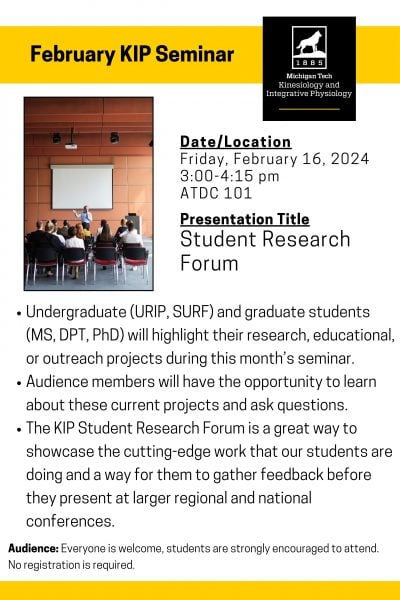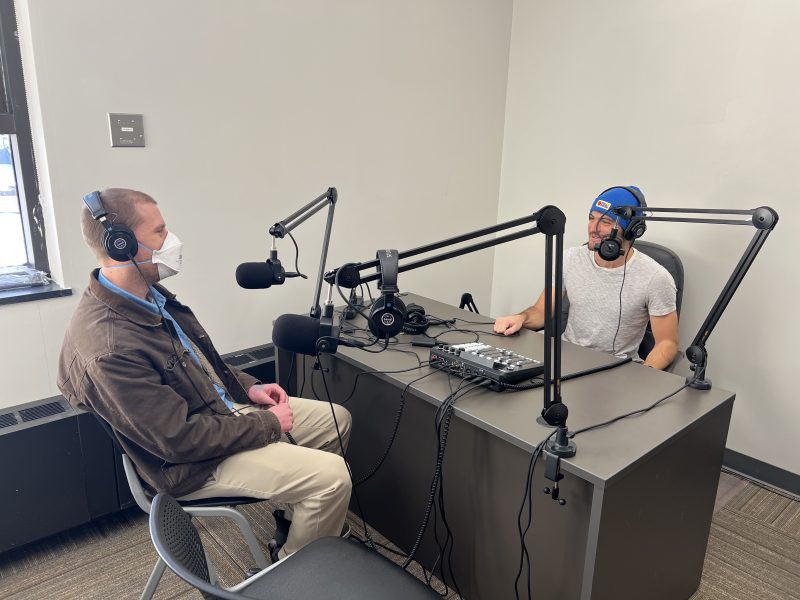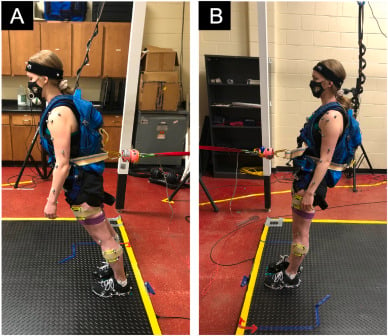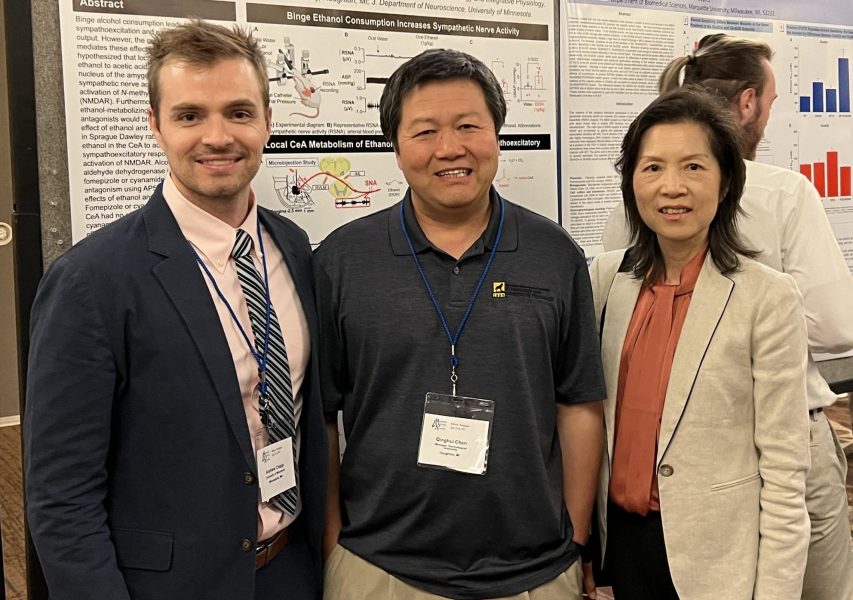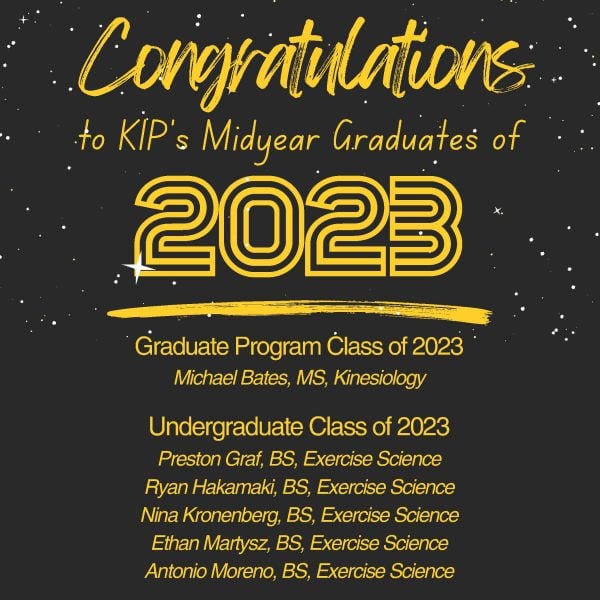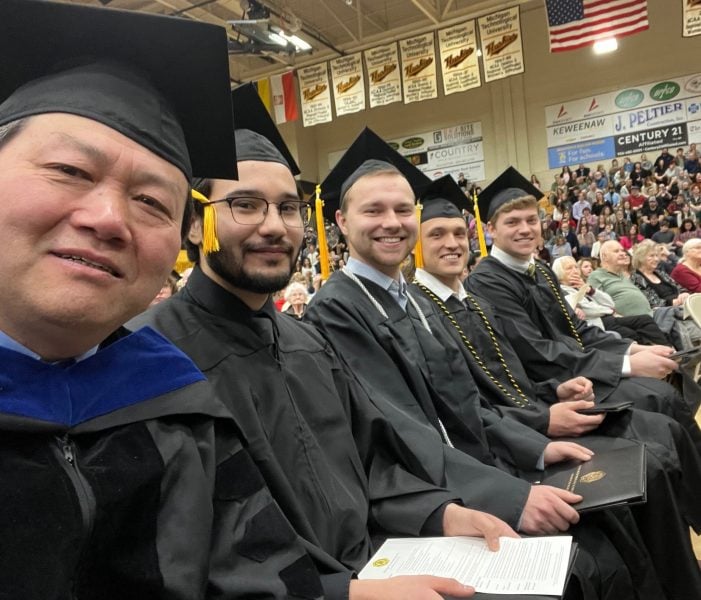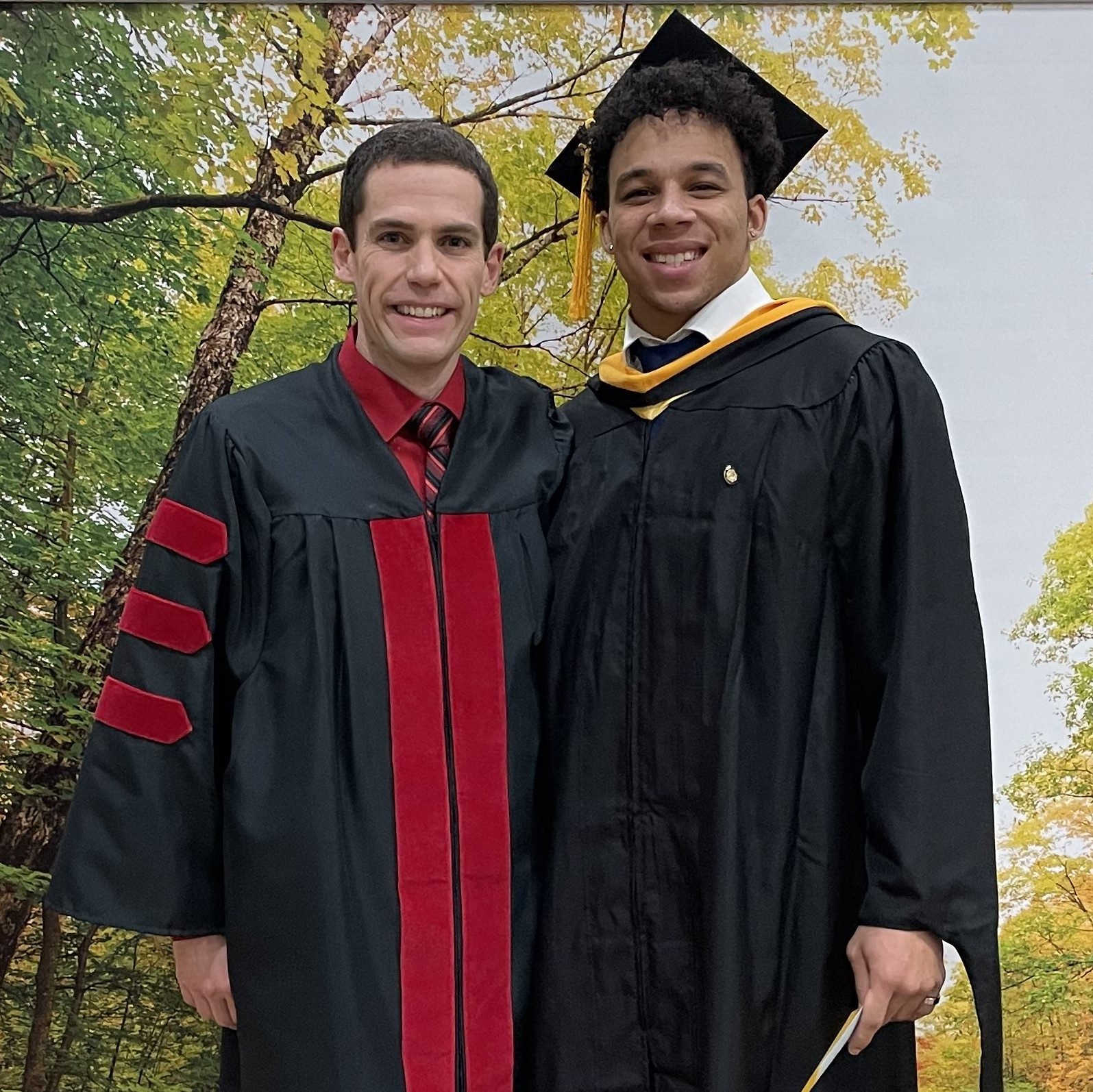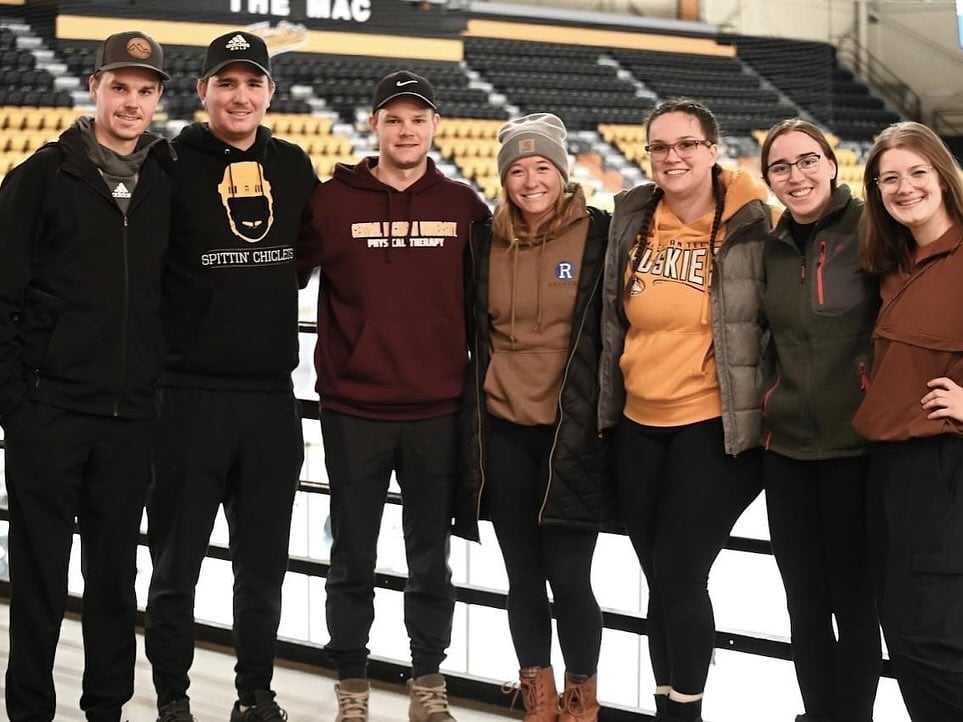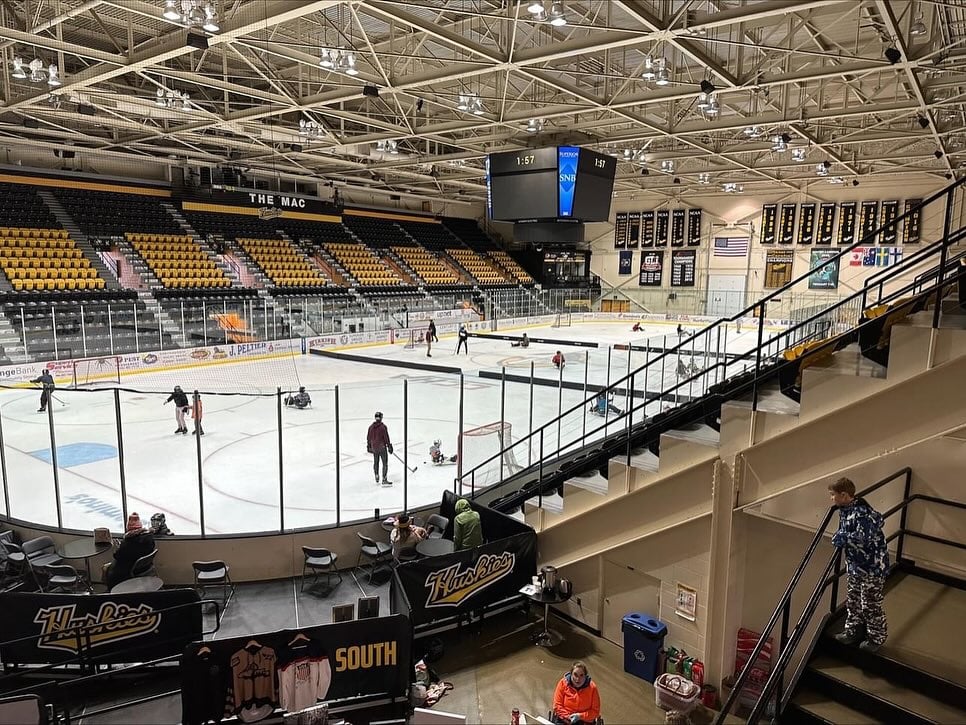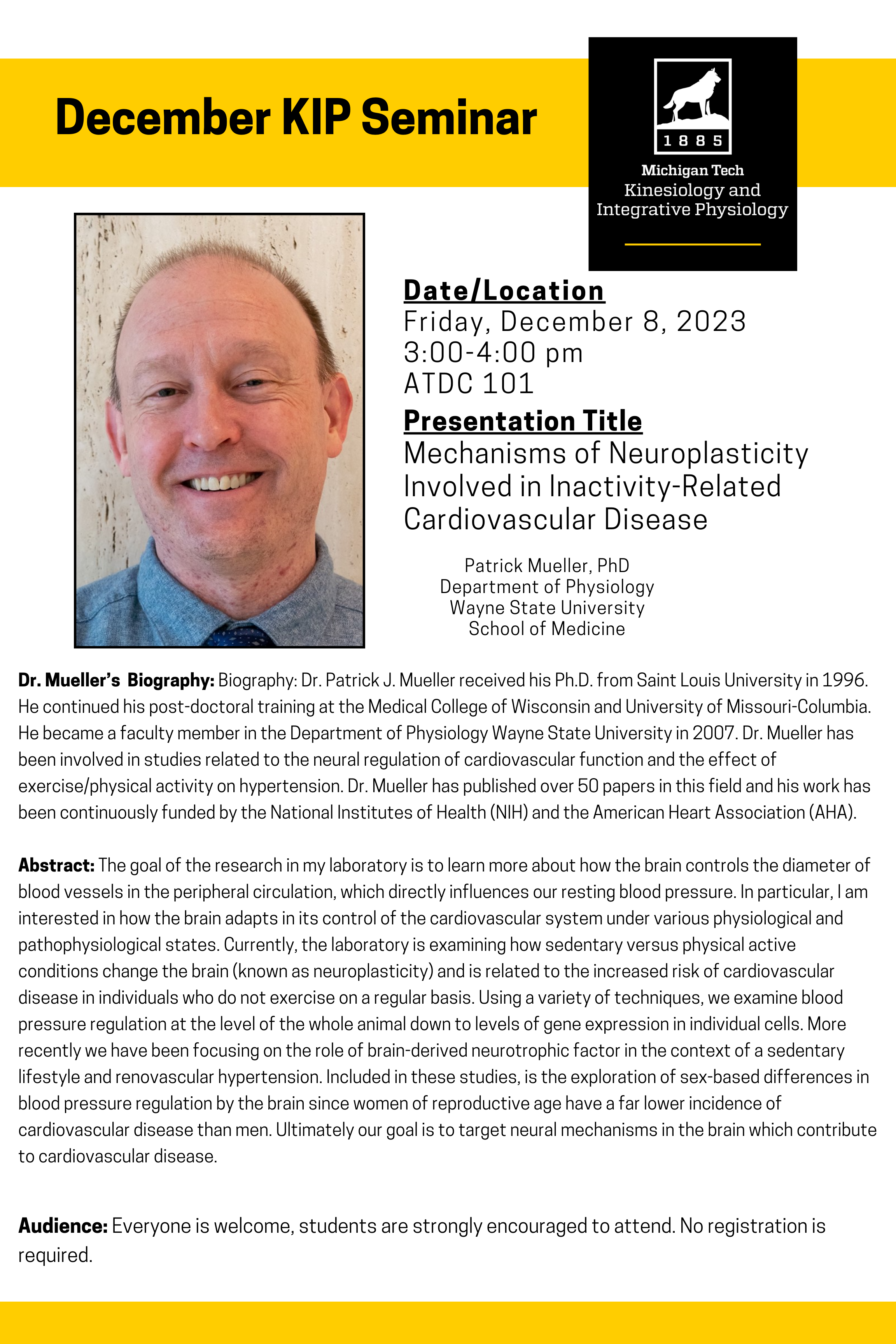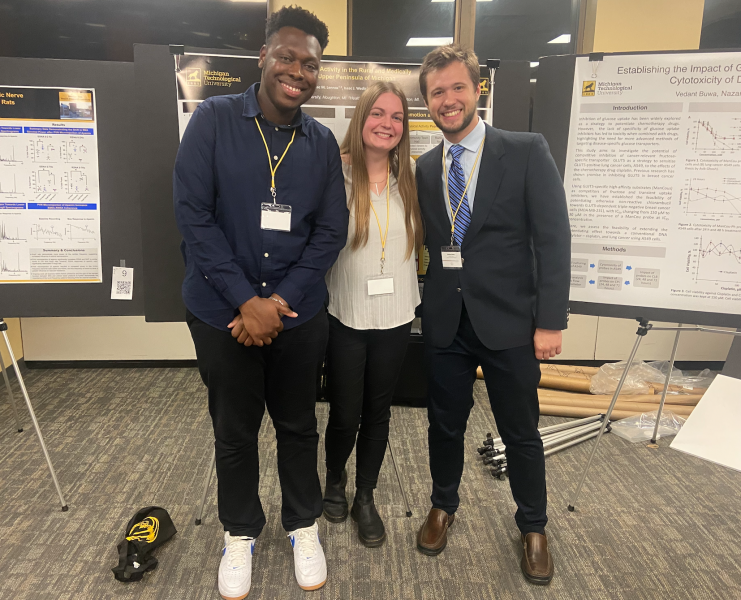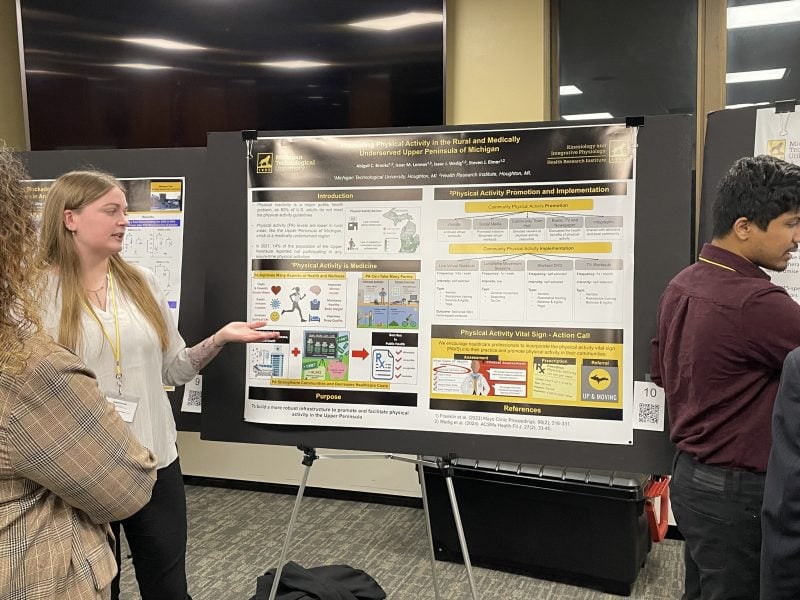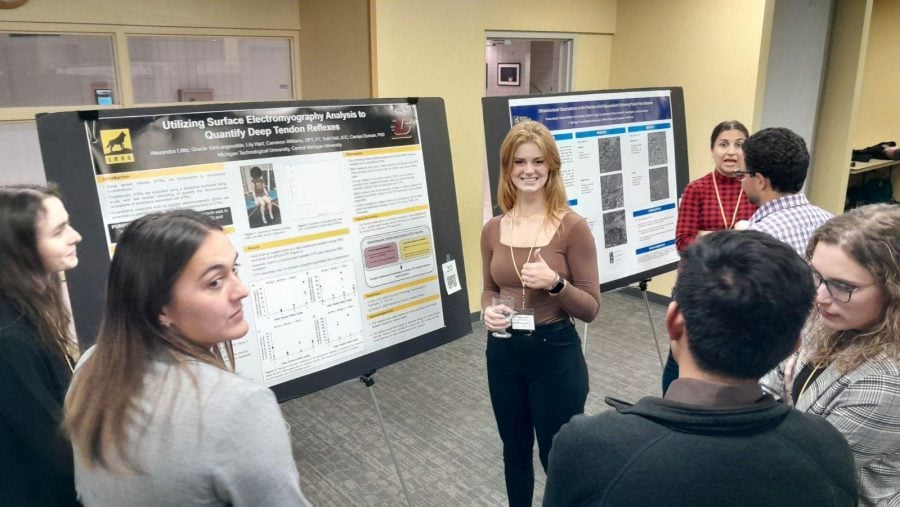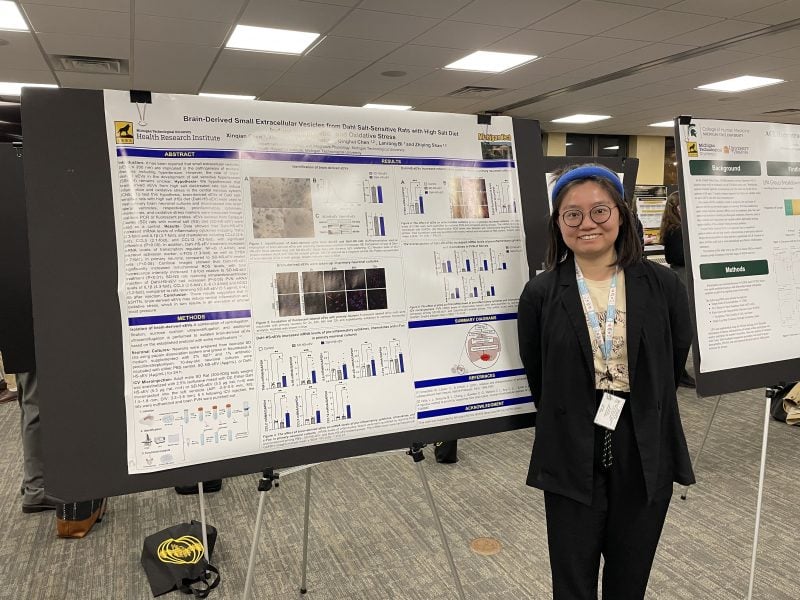Please join us this Friday, February 16, from 3:00-4:15 pm in ATDC 101 for this month’s KIP Seminar. Refreshments will be provided.
This seminar will showcase the current research, educational, and outreach projects that KIP’s undergraduate and graduate students are working on. Students will present their projects and answer questions. This is a great way for them to receive feedback before they go on to present at regional and national conferences. We look forward to seeing you!
